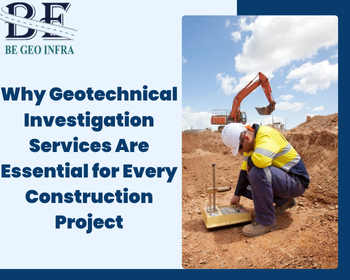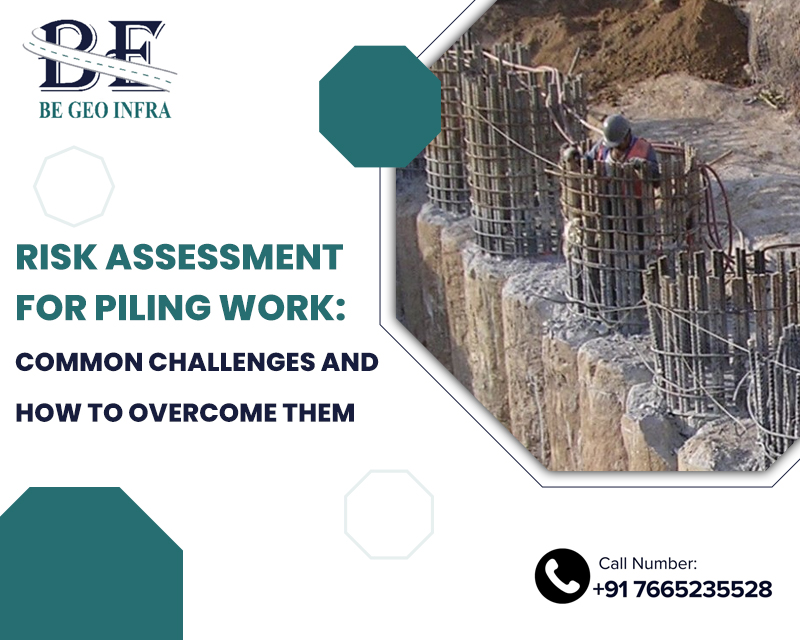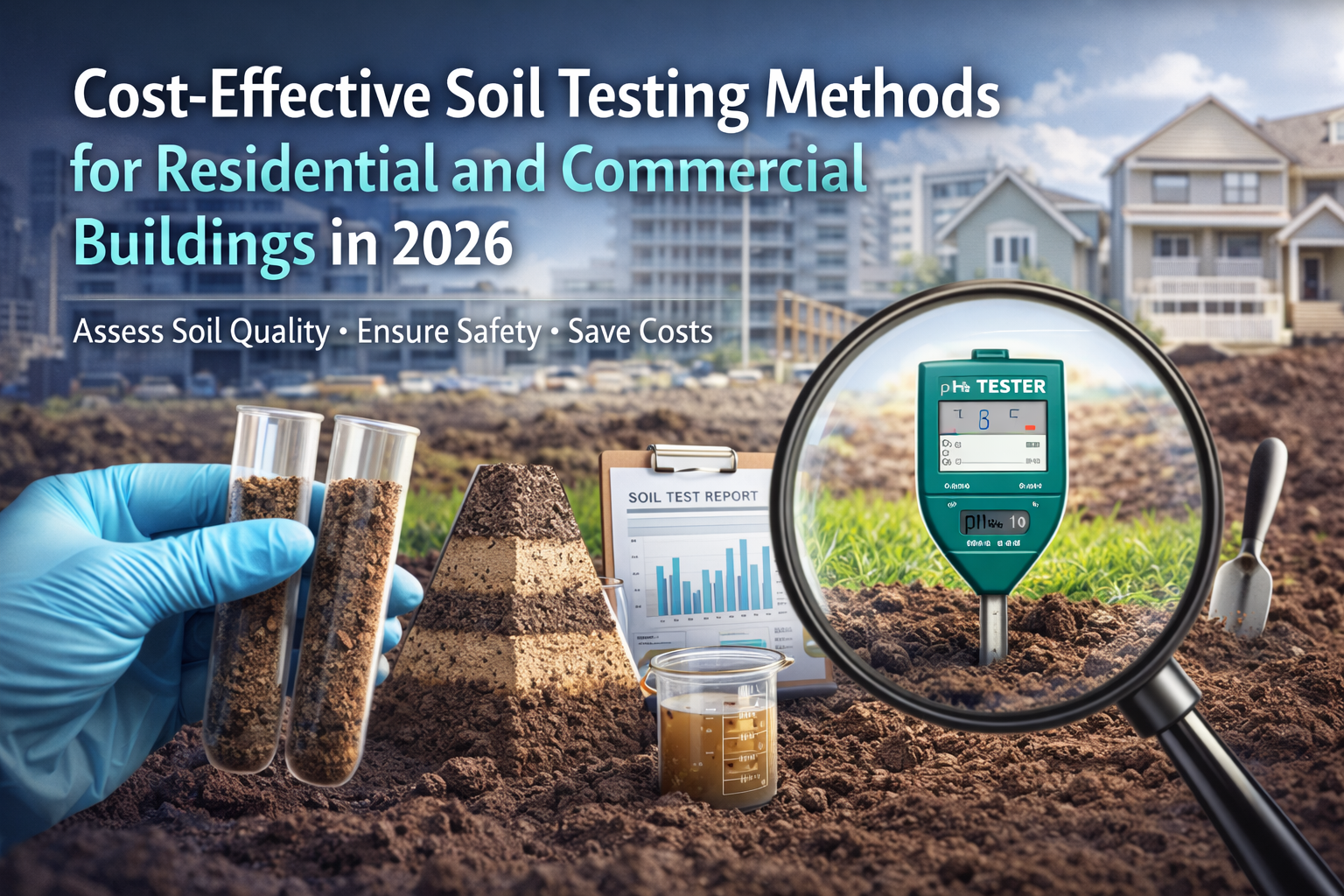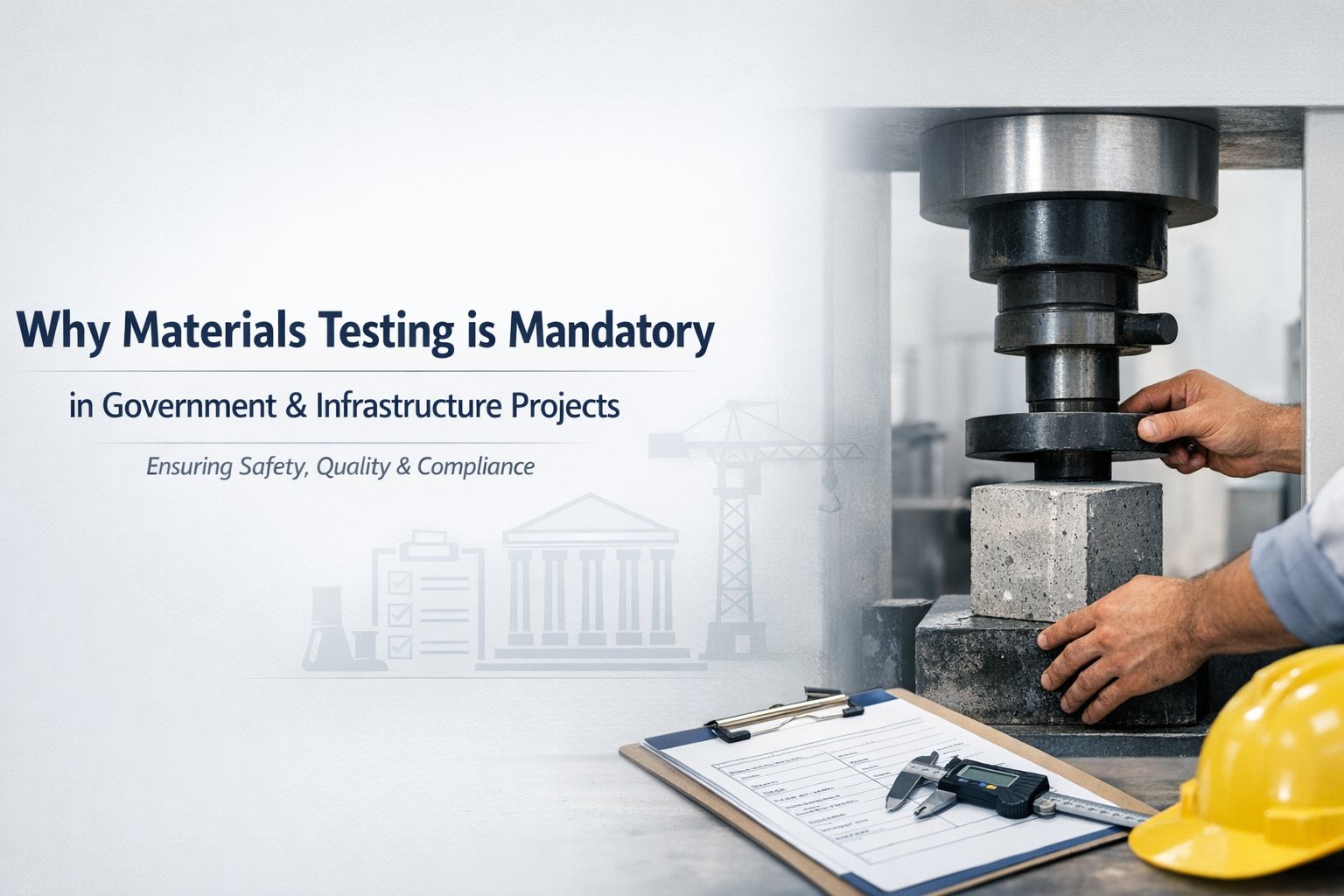January 24, 2025
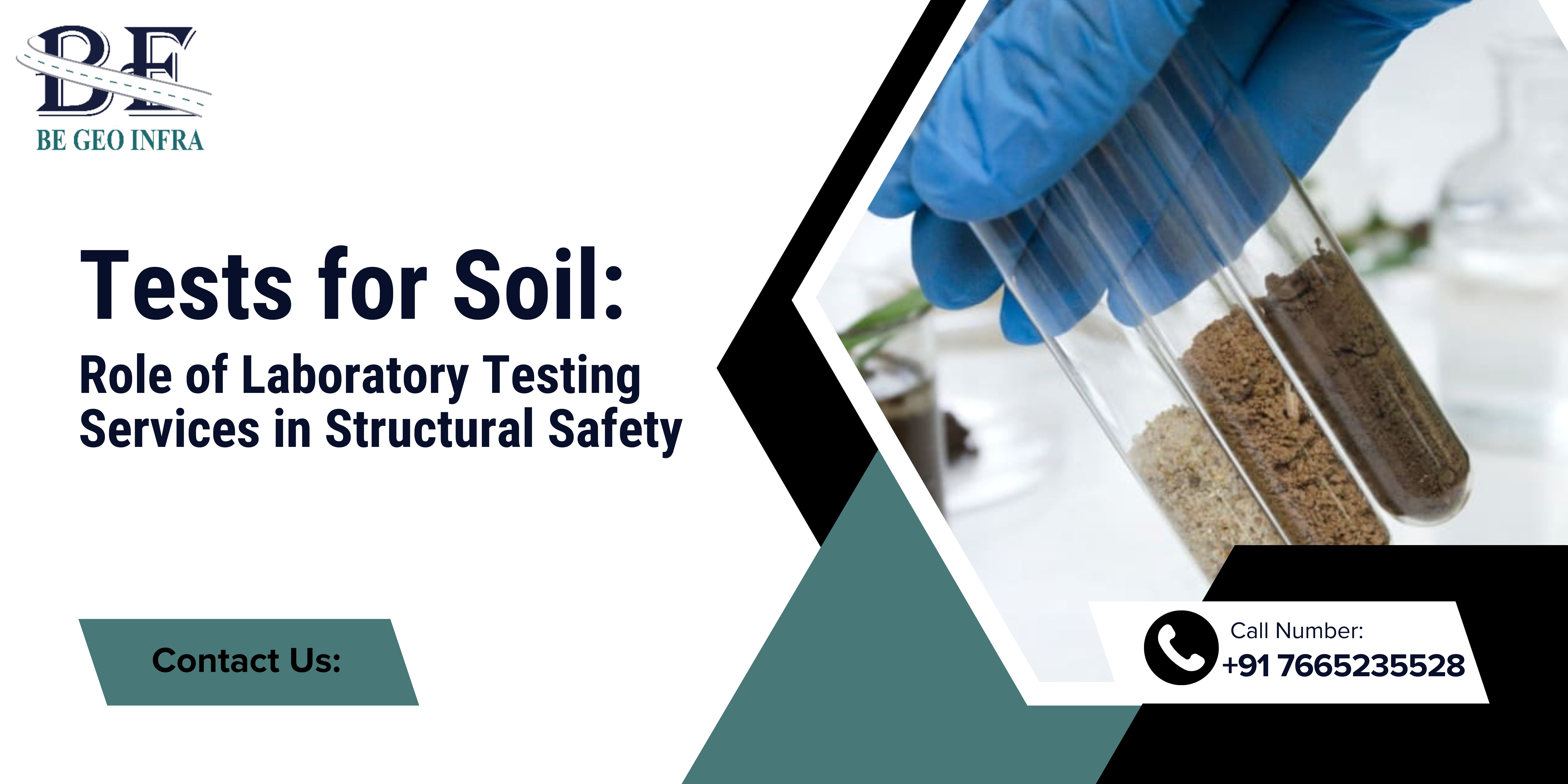
Tests for Soil: Role of Laboratory Testing Services in Structural Safety
Introduction
Soil testing plays a crucial role in ensuring the safety and durability of any construction project. The strength and stability of a structure depend on the quality of the soil on which it is built. Laboratory Testing Services help assess soil properties, ensuring proper construction practices. This blog will discuss various Tests for Soil, the importance of Geotechnical Engineering, and how Construction Quality Control enhances Structural Safety.
Importance of Soil Testing in Construction
Before beginning any construction project, understanding the soil’s properties is essential. Soil testing helps determine Soil Bearing Capacity, moisture content, permeability, and compaction levels. These factors influence foundation design and overall structural stability.
Without proper soil testing, buildings may face issues like uneven settling, foundation failure, or cracks. Laboratory Testing Services provide accurate results that guide engineers in making informed decisions for safe construction.
Common Tests for Soil in Construction
Various soil tests help in determining the suitability of soil for construction. Some of the most important ones include:
1. Moisture Content Test
-
Determines the amount of water present in the soil.
-
Helps in assessing compaction and strength.
2. Atterberg Limits Test
-
Includes liquid limit, plastic limit, and shrinkage limit tests.
-
Helps classify soil types and their behavior under different conditions.
3. Proctor Compaction Test
-
Measures the optimal moisture content at which soil reaches maximum density.
-
Ensures proper compaction during construction.
4. California Bearing Ratio (CBR) Test
-
Determines the strength of subgrade soil.
-
Useful for designing road and pavement foundations.
5. Permeability Test
-
Measures the rate at which water flows through soil.
-
Essential for drainage and foundation design.
6. Shear Strength Test
-
Determines the soil’s ability to resist shear stress.
-
Helps in designing stable slopes and retaining walls.
7. Standard Penetration Test (SPT)
-
Evaluates soil resistance by driving a sample tube into the ground.
-
Used in foundation and pile design.
Role of Laboratory Testing Services in Structural Safety
Laboratory Testing Services ensure that soil properties are accurately analyzed before construction begins. These services provide:
-
Reliable data for Geotechnical Engineering analysis.
-
Insights into soil stability, preventing future structural failures.
-
Guidance for Construction Quality Control, ensuring proper materials and techniques are used.
With professional soil testing, engineers and builders can minimize risks, reduce costs, and enhance the lifespan of structures.
How Soil Testing Supports Construction Quality Control
Construction Quality Control is essential to maintaining safety standards. Proper soil testing ensures:
-
The foundation is designed based on Soil Bearing Capacity.
-
Proper compaction techniques are applied.
-
The right materials are used for backfilling and leveling.
Neglecting soil testing can lead to foundation failure, water logging, and structural instability, which can be costly and hazardous.
Conclusion
Soil testing is a vital step in any construction project. With the help of Laboratory Testing Services, engineers can make informed decisions that enhance Structural Safety. The role of Geotechnical Engineering and Construction Quality Control ensures that buildings stand strong for years. For reliable soil testing and infrastructure solutions, trust Begeo Infra to provide expert guidance and services for your construction needs.

Need help? Call us Today at+91 7665235528
for inquiries and support. We’re here to assist you.


